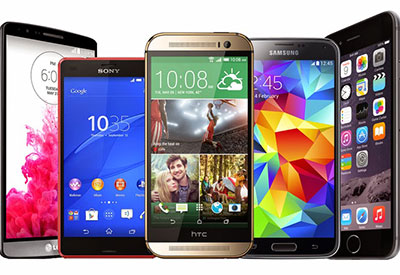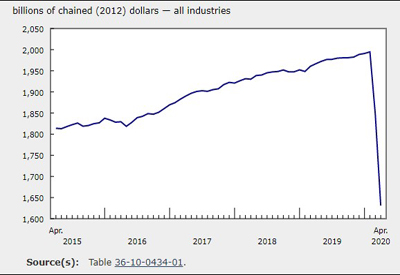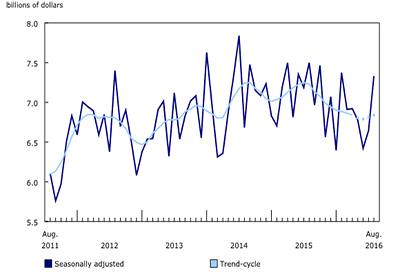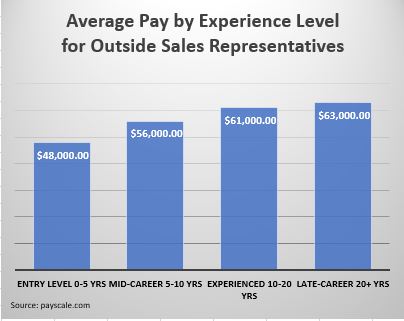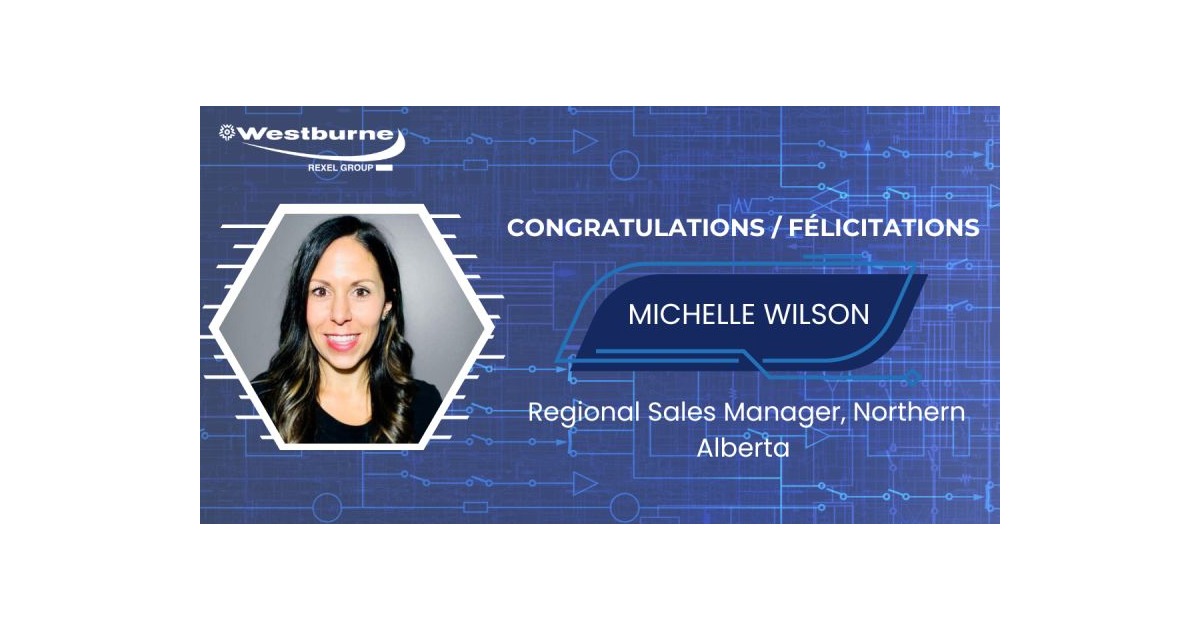Punchouts Drive eCommerce

May 9, 2019
By David Gordon
In the words of an Amazon and MRO analyst, eCommerce is more than “click and ship.” eCommerce is about a methodology and a mindset to do business more electronically. In fact, the commerce element can be very diversified, especially for medium to large MRO buyers.
Consider Amazon Business, Grainger and MSC. Both Grainger and MSC report that over 40% of their business is handled electronically through direct connections… typically what are called “punchouts” and via EDI. Amazon Business, recognizing the need to integrate with corporate America procurement systems, has written the translations necessary to integrate with 50+ eProcurement systems.
What companies are considered eProcurement systems?
Amazon Business integrates with Adelpo, Acquiire-Vinimaya, Ariba, Ariett, Bellwether-BPM, Bellwether-ePMX, BirshStreet, Bookbyte, 8-Pack, BuyerQUest, catalog360, Coupa, Elcom, Epicor, ePlus, epaxios, EqualLevel, eRequester, ESM Solutions, ExpenseWatch, Hubwoo, Infor, ISS-iPurchase, Ivalua, JAGGAER, OpusCapita, MikroFax, Oncare, Onventis TradeCore, Oracle Fusion, Oracle iProcure, Oracle Supplier Network, Payback, PeopleSoft, Perfect Commerce, Pint Systems, Pool4Tool, Proactis, ReQlogic, SAP-SRM, SDI, Skyward, SMARTbyGEP, Sollod Technologies, Spectrum, SpendBoss, SpendBridge, SpendMap, Tyler-Munis, Unimarket, Verian, VITG Global, Vroozi and Workday… so far
That’s 54, and you can be confident that there are more. Some cover any industry, others are vertical specific, but these are names that your sales organization should listen for… and maybe ask your industrial and institutional customers, “What procurement system does your company use?”
What is a punchout?
To simply describe it, it is a process where customers order directly through their procurement system, gain the product information they need, and then get their internal approvals so the order can be completed. It’s as close to a direct connection with you that an industrial or institutional account can get, and it’s the preferred way for large companies to conduct business.
Additionally, when companies are electronically integrated / linked it is
• more difficult for them to disconnect from you
• makes it easier for their people to conduct business with you… for all of their needs
• shows joint commitment to doing business, which results in increased business
Consider, this is one of Grainger’s biggest strengths, one of the reasons they have better margins than most distributors, and one of the reasons they’ve been able to fend off Amazon Business.
Many industrially oriented distributors have used punchouts for a while, albeit most only have a few connections. The reason for the limited usage is
• few customers have asked; hence distributors implement this reluctantly and only as a defensive move
• they may implement in-house, so it is a burden on IT, or use an outside consultant recommended by their ERP company, hence it’s expensive
• salespeople don’t understand the terminology, nor can they see the order, so they don’t promote the capability
And it’s not just for industrial accounts. Institutional accounts (colleges/universities, hospitals, potentially government agencies) can use punchouts. Remember, a procurement system helps a company manage its purchasing processes, so many companies are prospects.
With a cost-effective punchout resource, distributors can be proactive in their efforts to tighten relationships with key industrials as well as pursue the MRO business at institutional accounts. The key is the right relationship.
For this reason, we’re pleased to welcome our newest advertiser, Greenwing Technology. Greenwing helps small, medium and large sized companies integrate with customers. They manage thousands of punchouts and can integrate with any procurement system (the 54 mentioned above and more).
Jeremy Friedman, president of Greenwing Technology, shared more insights on punchouts:
“A punchout catalogue is a B2B eCommerce website that allows an organization to buyer from a vendor directly from their e-Procurement system. Larger organizations such as corporations, hospitals and colleges/universities use e-Procurement software to control their organization’s spending. They need to know what departments are buying from which vendors and at what cost to help control costs and understand where all the organization’s spend happens.
“The majority of the communication of punchout catalogues is a standard XML-based language called Commerce Extensible Markup Language or cXML. cXML and the related punchout catalogue protocol was originated and is maintained by the industry group cxml.org and SAP Ariba. Ariba was one of the originators of e-Procurement and cXML and continues to be very prevalent in the industry. These days there are over 100 e-Procurement systems worldwide.
“The easiest way to think about a punchout catalogue is a B2B ecommerce system that is directly tied into your customers’ e-Procurement platform. They can shop, add items to their cart, retrieve quotes and checkout.
“Let’s step through the process of how the punchout mechanism works.
“Procurement system. From there, they may click a link or a button that says your organization’s name. Let’s assume Acme Supplies. Once they do that, the e-Procurement system sends a request to your punchout catalogue, which is interpreted, and if the user has the correct information, they are automatically logged into the punchout catalogue.
“Now that the user is in the punchout catalogue, they can shop as normal, adding items to their cart, retrieving a quote, or adding an item to a favourites list. Let’s assume they add three different items to their cart and they’re now ready to check out and pay for their items. This is where punchout catalogues differ from traditional B2B ecommerce.
“The user is ready to check out, normally there would be shipping, billing and payment to deal with, but in the punchout world, all of that takes place after. Remember back at the beginning when the user first logged into their procurement system, we’ll now we need to get them back into that procurement system that has all the controls, such as budgets, payment, addresses, etc. So instead of prompting the user for billing, shipping and payment in the punchout, we simply send those three items in their shopping cart back to the procurement system.
“Now the user is back in the procurement system, but they have those three items. Now he/she can submit those three items in the cart so they can be approved and turned into a purchase order. If this user is a plant manager, they can probably approve their order in the e-Procurement. They just click approve, the purchase order arrives at your organization, and now you have a new order. If the user wasn’t allowed to approve the order, they might have to submit it for approval to their supervisor. Either way, once the order is approved your organization will receive it electronically and your organization can release the order.”
And if you want to see a video on punchouts and how purchase orders are handled, view these videos on the “Adventures of Punchout Man”
• What is a punchout?
• Handling purchase orders with punchouts
To learn more about punchouts and Greenwing, email Jeremy or call 1-877-415-3237.
And, from our experience, while some ERP companies and eCommerce platforms “offer” punchout services, they either outsource the service or treat it as a side business, hence either don’t have the in-house expertise or are costly, hence creating inhibiting usage / promotion. We suggest going direct to a qualified source.
Punchouts represent an interesting growth opportunity for distributors. They can
• help you capture increased MRO spend from your customers … to proactively pursue this business with the same functionality, cost-effectively, that large MRO distributors have.
• provide an additional eCommerce solution to discuss with customers
• enable you to compete versus large companies
• potentially broaden your product offering by adding non-electrical MRO items, possibly in partnership with another distributor in your marketplace that serves the same customer? (and there is at least 1 eCommerce platform, https://evolutionx.io/electrical/, that we know of that can house customer specific catalogues from different companies in a common database.
Longer term, its probable that contractors will seek to utilize the punch-out concept with their estimating/purchasing systems… gather information for their estimate, and once they receive the go ahead on a project to “push a button” and place the order electronically.
System-to-system is the future of much of eCommerce for MRO purchases with your larger customers (but yes, you still need an electronic catalogue and one with as many SKUs as possible), and Greenwing has the technical capabilities to support you as well as can provide sales guidance … after all, Jeremy wrote the book on it: Driving Sales with e-Procurement and Punchout Catalogs[.
David Gordon is President of Channel Marketing Group. Channel Marketing Group develops market share and growth strategies for manufacturers and distributors and develops market research. CMG’s specialty is the electrical industry. He also authors an electrical industry blog, www.electricaltrends.com. He can be reached at 919-488-8635 or dgordon@channelmkt.com.

